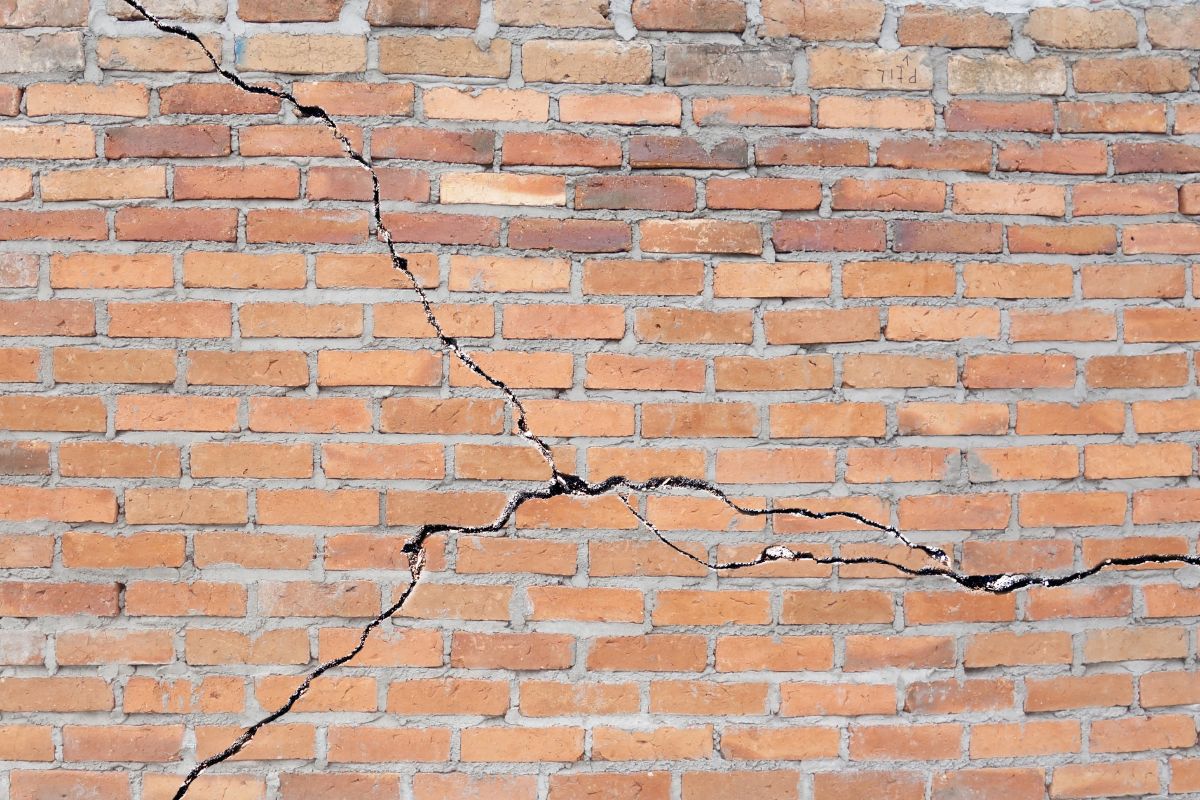Arizona law has safeguards built into the real estate transaction process to help ensure that buyers aware of property defects or other problems with the property before they purchase it. For instance, in terms of residential property purchases, sellers must disclose any defects about the property of which they have knowledge, usually by filling out an extensive real estate sales disclosure form. However, what happens if you purchase real estate and then discover a major defect after you close on the sale? Do you have any legal recourse against the seller?
Document Property Defects
First, you should be sure to thoroughly document property defects as soon as you discover them. You should take photographs to illustrate the defect and describe the problem in writing. You also should contact professionals to assess the situation and give you a written estimate of the actions, as well as the costs, to repair the defect. Professionals also may be able to gauge how long the defect existed and what caused the defect.
Clearly, if the defect presents an immediate danger to you or other occupants of the real estate, you should take all steps necessary to vacate the property until repairs can be made. Professionals should be able to advise you whether it is safe to remain on the property in light of the defect that you have discovered.
Get Property Defects Evaluated
Next, you will need to have your situation evaluated by an experienced real estate attorney to determine whether you have a cause of action against the seller for failure to disclose the defect. While sellers have a duty to disclose known property defects at the time of sale, they are not responsible for disclosing unknown defects. It is possible in some cases that the seller did not know about the defects when purchasing the property and did not have the property inspected prior to purchasing it.
Not all defects, even if they are major defects, are easily visible to either buyer or seller. For example, mold located deep in air ducts or behind walls is likely not immediately visible without a specialized inspection that a seller or buyer chose to have during the transaction. Likewise, faulty electrical wiring may not be apparent if everything appears to work correctly at the time of inspection, although it later could cause a major electrical problem or fire.
Holding Sellers Accountable for Property Defects
On the other hand, some property defects are so apparent that the seller likely knew about them. For instance, if a certain window leaks every time it rains, or the basement always floods, a seller who has lived in the property for the past ten years probably knew of the leak. However, there may be no obvious signs of water damage to make it visible to a prospective buyer or home inspector. Failing to disclose the leak in this instance could create a cause of action against the seller once the buyer discovers the leak. As a result, the seller could be liable for any damages that the buyer suffers as a result of the seller’s failure to disclose the defect.
To hold the seller responsible, you must be able to prove that the seller had knowledge of the defect and simply failed to disclose it to you, then you may have various legal causes of action against the seller, such as breach of contract and fraudulent misrepresentation. Whatever the case may be, you will need clear evidence that the seller knew of the defect and did not disclose it during the sales process.
Be aware that the statute of limitations on Arizona’s Consumer Fraud Statute (which applies to most real estate nondisclosure cases), is 12 months from the date that the buyer discovers the defect or should have discovered the defect.
Also, per the standard form AAR Residential Resale Purchase Contract, if the buyer discovers an undisclosed defect in the property, the parties have a duty per section 7c of the contract to mediate the dispute before going to Court.
Call Us Today and See How We Can Help
The attorneys and staff at Provident Law® have experience in handling countless property defects in the course of handling real estate transactions and disputes. We can evaluate your situation, present your options, and help you make the decisions that are right for you. Call us today at (480) 388-3343 and learn more about how we can help.


